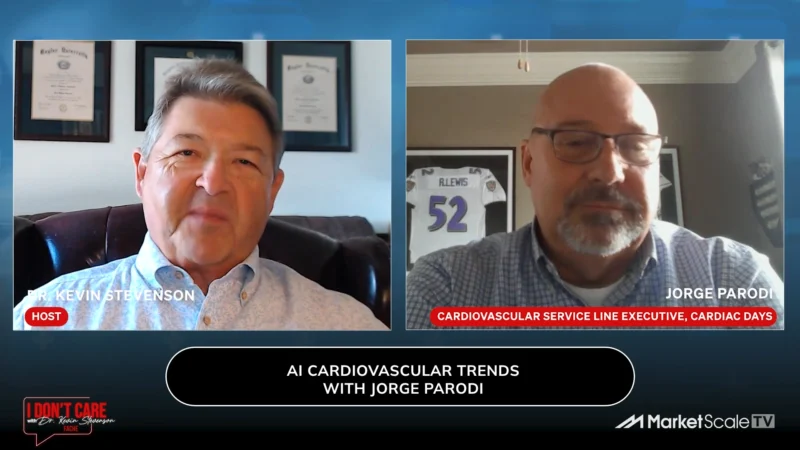Health Plans are Now Covering New Weight Loss Drugs. This Can Help Fix the Obesity Epidemic
In recent years, the obesity epidemic in the United States has reached alarming proportions, with more than 42% of American adults considered obese. This surge in obesity rates has sparked a significant conversation about the role of health plans in covering new weight loss drugs. As healthcare costs continue to rise, the question of how these treatments fit into the broader strategy for managing obesity and related health conditions has become more pressing.
In the latest episode of I Don’t Care, host Dr. Kevin Stevenson delves into the role of health plans in covering new weight loss drugs with Dr. Nancy Klotz, Chief Medical Officer at Brighton Health Plan Solutions. The discussion centers around the challenges and opportunities presented by new FDA-approved weight loss medications and their implications for healthcare plans and patients.
Key Points from the episode:
– The obesity epidemic in the U.S. is worsening, with a significant portion of the population affected by obesity-related health conditions.
– New weight loss drugs like Wegovy and Mounjaro have shown promise in treating obesity, but their high cost raises questions about insurance coverage.
– Health plans are encouraged to approach obesity as a chronic disease requiring long-term treatment and maintenance.
Dr. Nancy Klotz is a seasoned internist with over 30 years of experience in medical management. As the Chief Medical Officer at Brighton Health Plan Solutions, she oversees medical benefits, plan design, and various health and wellness programs.
Article written by MarketScale.




